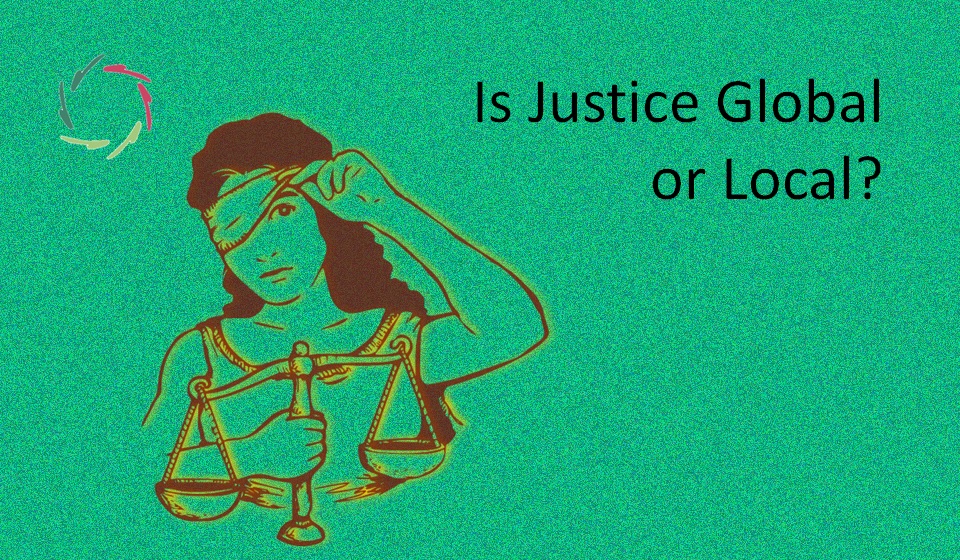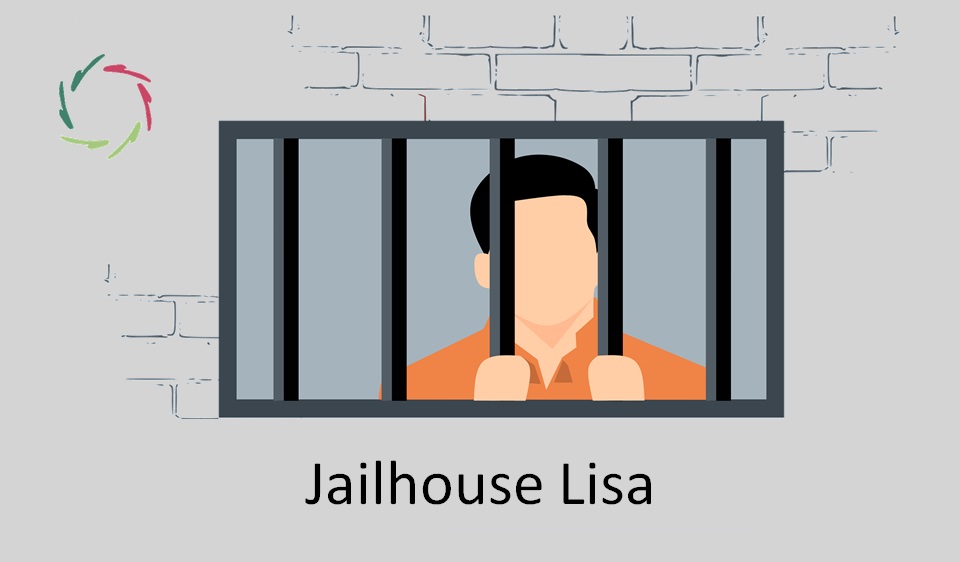Lady Justice’s Blindfold

Will in the future all criminals be seen as in need of coaching rather than punishment?
Lady Justice, also known as Themis in ancient Greece
As a goddess, she didn’t need a blindfold. She could see everything anyway. Themis also didn’t have a sword (of punishment). Both were added in the 15th century. The blindfold was/is since then about seeing facts in an impartial way.
But: the more ‘impartial’ one gets, the more the criminal gets the appearance of any normal human being.
The circumstances make the criminal.
The only ‘partiality’ that eventually stays, is the one of life circumstances. So, there seems to be no justice without prejudice. That insight is as obvious as it is impractical to build a system of justice upon.
Should justice then live under the tyranny of practicality?
Innate goals of ‘justice’
Scholars agree that a sense of ‘justice’ is innate. Humans are social beings who have always lived in groups. These groups could genetically thrive when individuals conformed so as not to deteriorate group living. Mis-doers needed to be aligned. So: justice.
Then there is also the individual ‘sense of fairness’. Wanting to be treated fairly is innate, emotionally and cognitively. Even the brain structures involved in this have been identified. Attaining fairness calls for group support. So: justice.
Reasonable
What we don’t want is a society full of individuals wreaking havoc. Society should be a nice environment in which individuals can lead a nice life that is also meaningful and ‘healthy’.
Both innate goals just described are part of nature’s way towards the same.
However
Justice is not an end goal, but an instrument towards attaining such society. It is not necessary if the end goals can be attained in other ways. In this, we need to take into account what is reasonable and what is innate.
And what is human.
Most special about our age may be the growing insight into our total humanness, including the science about nonconscious processing. This is very eye-opening, also on the domain of justice. With new insight may come new understanding of and dealing with transgressors.
The age of vengeance should be over.
Although it lives in many people’s minds as such, vengeance is no justice. It is an overshoot of innate drives into aggression, leading – as always with overshoots – to more of the same.
Revenge is supposed to let the victim lead a ‘happier life’ thereafter. That may be but it is a primitive mode, a purely-ego mode that sees drives only as frustrations in need of ‘blind’ relief. Even animals know better. No animal seeks revenge. Only an overshoot-ego does so.
And that does not make people happier at long term.
Old justice is blind justice
Blind justice looks at people as machine-like. Moreover, it goes mainly back to Rome (and Constantinople). But wasn’t that a society of slaves, gladiator-killings for Sunday fun, no civil rights for women, extreme atrocities from high to low etc.? Such is no good example.
It’s time for Open Justice.
This is not a justice of vengeance, but one of empathy and understanding. For this, Lady Justice needs to take off her blindfold. Will she then be prejudiced? Probably… if in the meantime she hasn’t found a very new way of attaining the goal which is: better human beings in a better society. Both ‘criminals’ and ‘victims’ need this.
We need to work very hard on an environment in which this can be delivered. It’s not the subject of this text, but of many others and the whole AURELIS project.
So, will lady Justice – as of old – take off her blindfold?
I guess she will, eventually, gladly do so.


